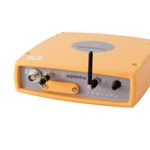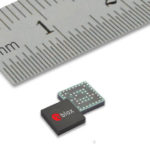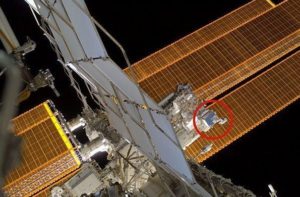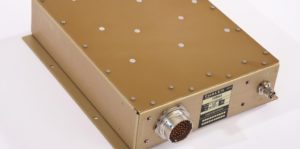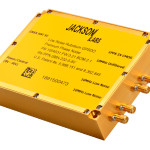
The team is led by Spanish engineer José Ángel Ávila Rodríguez – now part of ESA’s Galileo team – and his French colleague Laurent Lestarquit from France’s CNES space agency.
The team also includes German Günter Hein, formerly head of the department studying the evolution of EGNOS and Galileo for ESA, as well as Belgian Engineer Lionel Ries, now in ESA’s technical directorate, as well as French CNES engineer Jean-Luc Issler. Read more…


